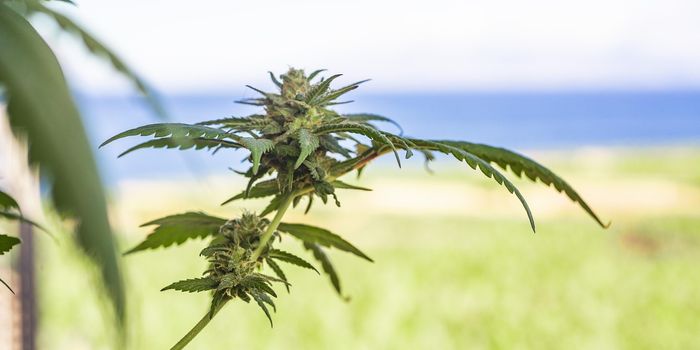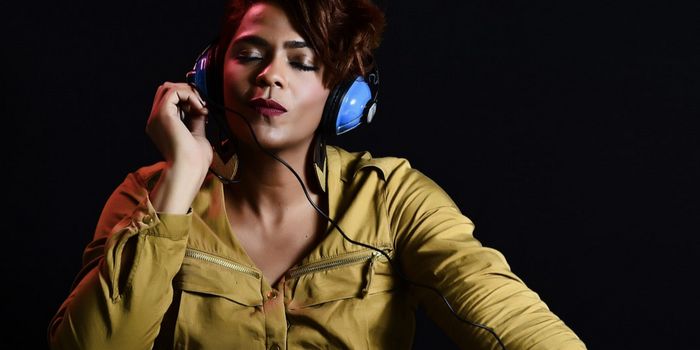International Study Highlights the Link Between Sleep Supporting Methods and Child Development
A new study published in Frontiers in Psychology examined the effect of different parental sleep-supporting techniques on child development. Previous studies have suggested that sleep shapes a child’s temperament and regulation of emotions. In this recent study, the researchers tested their hypothesis that passive ways of helping a child fall asleep such as reading and cuddling would be positively related to a child’s temperament. They assumed more active bedtime routines involving playing or walking would have a negative effect.
The participants included 841 caregivers across 14 cultures (Belgium, Brazil, Chile, China, Finland, Italy, Mexico, Netherlands, Romania, Russia, Spain, South Korea, Turkey, and US). The participants completed an early childhood behavior questionnaire and a daily activities questionnaire. They described their toddler’s temperament and their sleep-supporting parenting techniques. The toddlers were between 17 and 40 months of age, and 52% were male.
The study found that differences in sleep-supporting methods between cultures and within the same culture were associated with different temperament characteristics. The difference was larger between cultures, meaning that sleeping methods independently contribute to differences in child temperament across cultures. The study showed that countries with greater reliance on passive strategies had toddlers with higher sociability scores. A parent’s sleep-supporting techniques are associated with their child’s temperament traits across cultures, potentially impacting their development. Consistent quality sleep is critical to positive development since it promotes neuroplasticity.
The researchers rank-ordered the extent to which a culture’s sample advocated for using passive techniques. The US, Finland, and Netherlands top the list and South Korea, Turkey, and China are at the bottom of the list. A rank-ordering of countries using active techniques indicated that Romania, Spain, and Chile higher on the list while Turkey, Italy, and Belgium closer to the bottom.
Sources: Eureka News Alert, Frontiers in Psychology








